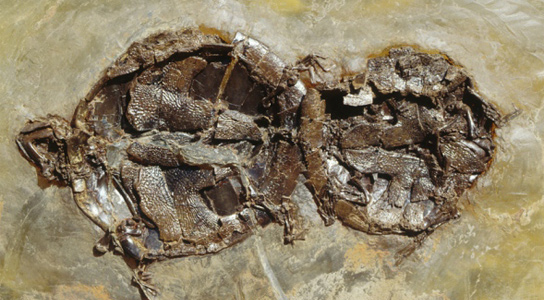
Messel Lake turtles
These extraordinary 47-million-year-old fossils depict prehistoric turtles reproducing. The study was led by Walter Joyce, of the University of Tübingen in Germany, and published in the journal Biology Letters.
The fossil is the first direct evidence of prehistoric turtle sex. The gender of Allaeochelys crassesculpta is distinguished by some of the characteristics of their shells and tails. The tails of the partners were aligned with each other, proving that these turtles were caught while mating.
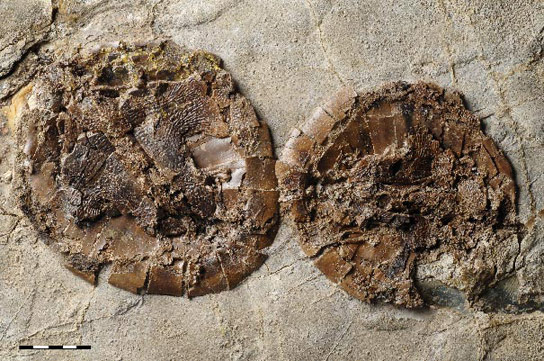
It is not known why so many turtles and other animals accumulated in the Messel Lake. One hypothesis states that the lake emitted toxic gases that killed creatures around it, as well as inside of it. Another one says that the surface water was filled with toxic cyanobacteria, poisoning aquatic organisms and other creatures drinking this water.
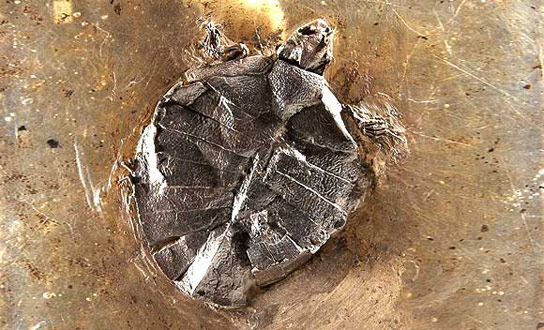
Paleontologists have hypothesized that below the surface waters, was a layer poisoned by volcanic gases or rotting organic material, which proved deadly to the turtles after repeated exposure. This may help to elucidate the ecology of this prehistoric lake. The mating turtles imply that the surface waters of the Messel Lake were hospitable enough for them to live and mate, but deadly if they went below a certain depth.
The controversy lies in the interpretation of the existence of such a fossil. The notion of a stratified lake works for this fossil, but not for others found in the same area, which include bats and other small mammals.
Reference: “Caught in the act: the first record of copulating fossil vertebrates” by Walter G. Joyce, Norbert Micklich, Stephan F. K. Schaal and Torsten M. Scheyer, 20 June 2012, Biology Letters.
DOI: 10.1098/rsbl.2012.0361




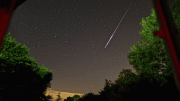


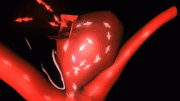
Be the first to comment on "Prehistoric Fossilized Eocene Epoch Turtles Died Locked In Coitus"